
Over 50 Years of
Excellence
Trusted for decades, ALINDECO is committed to delivering
superior quality and customer satisfaction
to our international clients.

Global Leader in
High-Quality Abaca Pulp
Delivering premium Abaca and non-wood pulp products to
markets worldwide, including Japan, China, Germany, and beyond.

Versatile Solutions for
Diverse Applications
Delivering premium Abaca and non-wood pulp products to
markets worldwide, including Japan, China, Germany, and beyond.
The Abaca Pulp
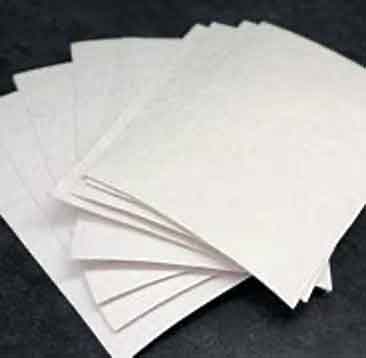
Pulp is a fibrous lignocellulosic material prepared by chemically, semi-chemically or mechanically producing cellulosic fiber from wood, plants, fiber crops, waste paper or rags. The pulping process is aimed at removing lignin without losing fiber strength, thereby freeing the fibers and removing impurities that cause discoloration and possible future disintegration of the paper.
Abaca Pulp
Abaca pulp is obtained from the tropical abaca plant, it undergoes numerous manual and mechanical processing steps from harvesting to use in the paper mill. Known for its exceptional strength and durability, abaca pulp is a sustainable and eco-friendly material. It’s used in a wide range of applications such as:
- Paper Products: High-quality specialty papers, including banknotes, security papers, and medical paper products. Special technical papers that have to meet high requirements. Carbonless papers and thin papers for cigarettes or Bibles
- Packaging: Eco-friendly packaging materials, such as tea and coffee bags, vacuum bags, and food packaging.
- Automotive Industry: Abaca pulp composites are used in automotive parts for lightweight and strong components.
- Construction: Reinforcement materials in cement and other construction materials.
With its versatility and environmental benefits, abaca pulp is a valuable resource in the push for more sustainable materials.
Learn about our different grades of pulp and their uses
Y2 PULP (UNBLEACHED SULFITE-COOKED)
Y2 Pulp (Unbleached Sulfite-Cooked)
GENERAL PROPERTIES
Kappa Number : <3.5
Freeness (CSF) : >660
Brightness (%) : >42 %
Admix (mm2/100g) : <375
STRENGTH PROPERTIES AT 0 BEATING, 60 gsm HANDSHEET
Breaking Length, km : >3.5
Burst Index, kPam2/g : >4.0
Tear Index, mNm2/g : >5.0
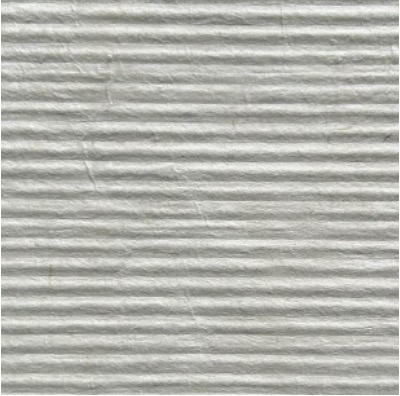
Typical End Use: Base paper for double-adhesive tapes
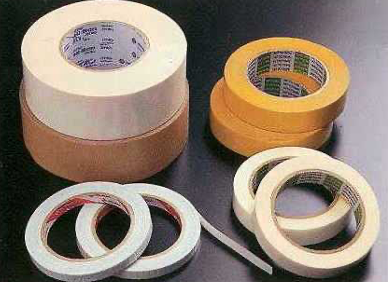
Y2 Pulp (BLEACHED SULFITE-COOKED)
Y2 Pulp (Bleached sulfite-cooked)
GENERAL PROPERTIES
Kappa Number : 0.5 – 3.0
Freeness (CSF) : >660
Brightness (%) : >69 %
Admix (mm2/100g) : <30
STRENGTH PROPERTIES AT 0 BEATING, 60 gsm HANDSHEET
Breaking Length, km : >4.0
Burst Index, kPam2/g : >2.5
Tear Index, mNm2/g : >25.0Cochin is then further processed to produce edible oil, soaps, shampoo and oleochemicals.

Typical End Use: Bank notes, security paper
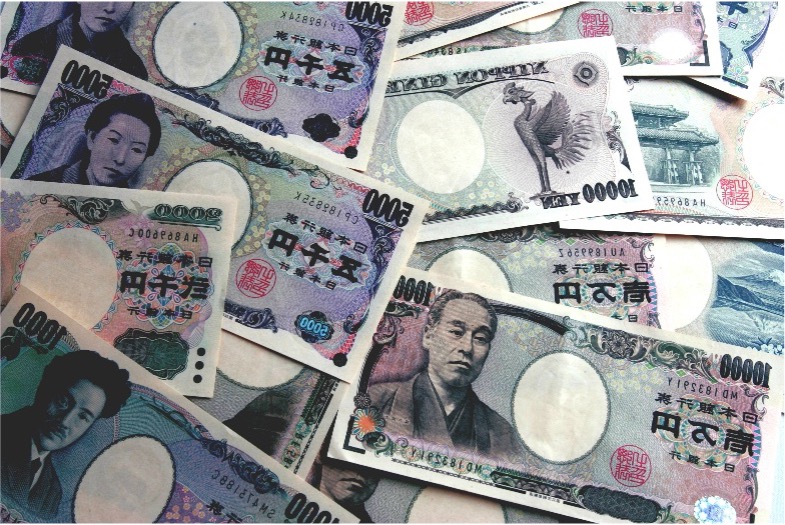
JK Pulp (UNBLEACHED SULFITE-COOKED)
JK Pulp (Unbleached Sulfite-Cooked)
GENERAL PROPERTIES
Kappa Number : >3.5
Freeness (CSF) : >670
Brightness (%) : >50 %
Admix (mm2/100g) : <275
STRENGTH PROPERTIES AT 0 BEATING, 60 gsm HANDSHEET
Breaking Length, km : >4.0
Burst Index, kPam2/g : >5.0
Tear Index, mNm2/g : >30.0
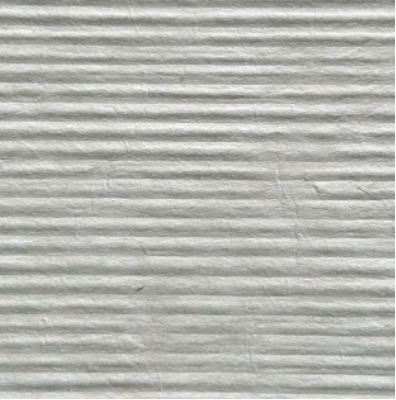
Typical End Use: Surgical masks
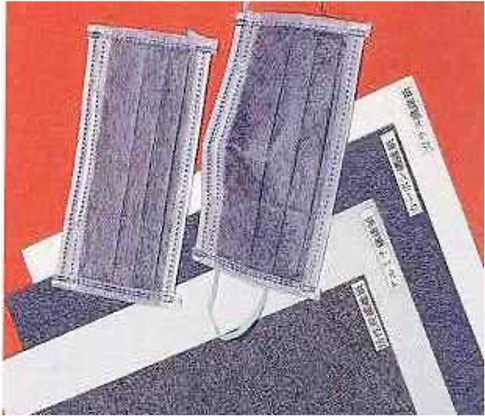
JK Pulp (BLEACHED SULFITE-COOKED)
JK Pulp (Bleached sulfite-cooked)
GENERAL PROPERTIES
Kappa Number : 0.5 – 1.5
Freeness (CSF) : >660
Brightness (%) : >70 %
Admix (mm2/100g) : <15
STRENGTH PROPERTIES AT 0 BEATING, 60 gsm HANDSHEET
Breaking Length, km : >5.0
Burst Index, kPam2/g : >3.0
Tear Index, mNm2/g : >25.0
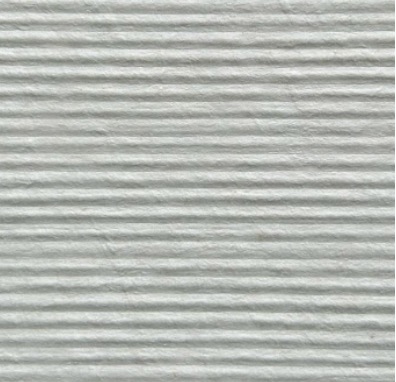
Typical End Use: Bank notes, security paper

JK Pulp (UNBLEACHED SODA-COOKED)
JK Pulp (Unbleached Soda-Cooked)
GENERAL PROPERTIES
Kappa Number : 5.0 – 7.0
Freeness (CSF) : >630
Brightness (%) : >35 %
Admix (mm2/100g) : <2000
STRENGTH PROPERTIES AT 0 BEATING, 60 gsm HANDSHEET
Breaking Length, km : >3.0
Burst Index, kPam2/g : >3.0
Tear Index, mNm2/g : >30.0

Typical End Use: Base paper for electrolytic capacitor
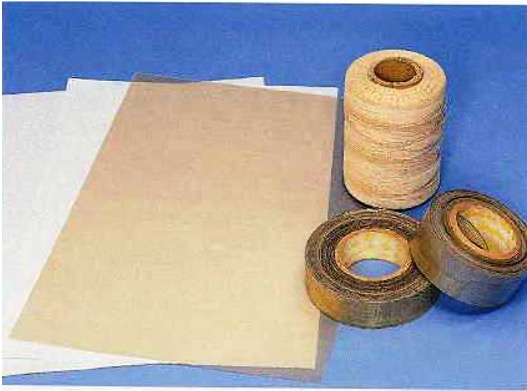
G PULP (UNBLEACHED SULFITE-COOKED)
G Pulp (Unbleached sulfite-cooked)
GENERAL PROPERTIES
Kappa Number : <3.5
Freeness (CSF) : >660
Brightness (%) : >53 %
Admix (mm2/100g) : <300
STRENGTH PROPERTIES AT 0 BEATING, 60 gsm HANDSHEET
Breaking Length, km : >3.0
Burst Index, kPam2/g : >4.0
Tear Index, mNm2/g : >25.0
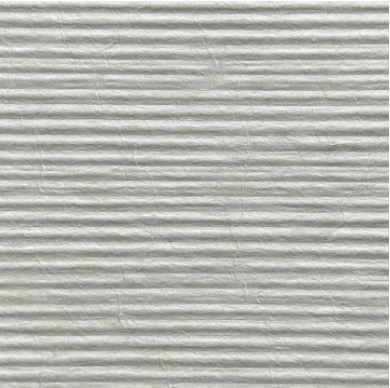
Typical End Use: Yarn – clothing material
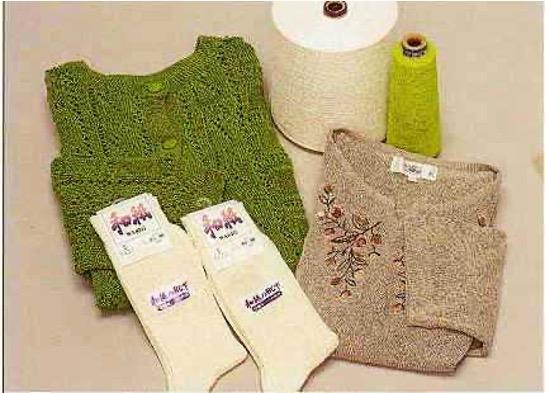
G PULP (UNBLEACHED SODA-COOKED)
G Pulp (Unbleached Soda-Cooked)
GENERAL PROPERTIES
Kappa Number : <3.5
Freeness (CSF) : >700
Brightness (%) : >45 %
Admix (mm2/100g) : <80
STRENGTH PROPERTIES AT 0 BEATING, 60 gsm HANDSHEET
Breaking Length, km : >2.5
Burst Index, kPam2/g : >2.0
Tear Index, mNm2/g : >30.0

Typical End Use: Tracing paper
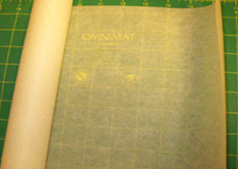
S2 PULP (UNBLEACHED SULFITE-COOKED)
S2 Pulp (Unbleached sulfite-cooked)
GENERAL PROPERTIES
Kappa Number : <3.5
Freeness (CSF) : >670
Brightness (%) : >65 %
Admix (mm2/100g) : 40 – 150
STRENGTH PROPERTIES AT 0 BEATING, 60 gsm HANDSHEET
Breaking Length, km : >7.0
Burst Index, kPam2/g : >5.0
Tear Index, mNm2/g : >25.0
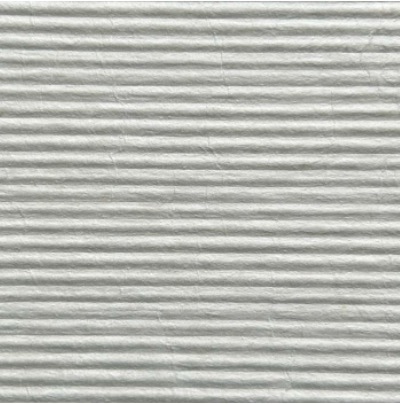
Typical End Use: Tea Bags
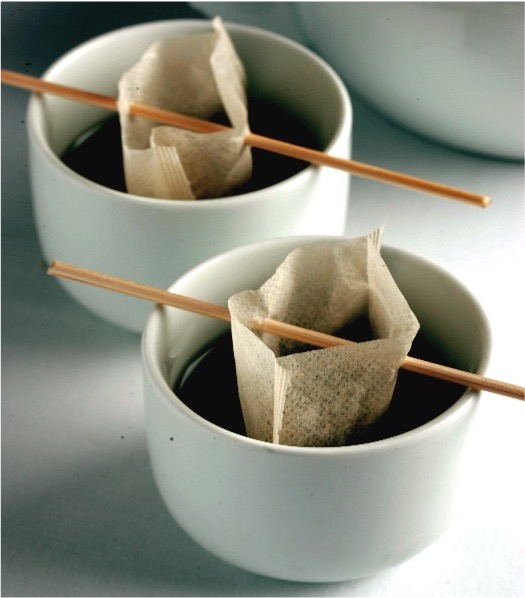
S2 PULP (BLEACHED SULFITE-COOKED)
S2 Pulp (Bleached Sulfite-Cooked)
GENERAL PROPERTIES
Kappa Number : <3.5
Freeness (CSF) : >675
Brightness (%) : >75 %
Admix (mm2/100g) : <20
STRENGTH PROPERTIES AT 0 BEATING, 60 gsm HANDSHEET
Breaking Length, km : >6.0
Burst Index, kPam2/g : >4.0
Tear Index, mNm2/g : >30.0
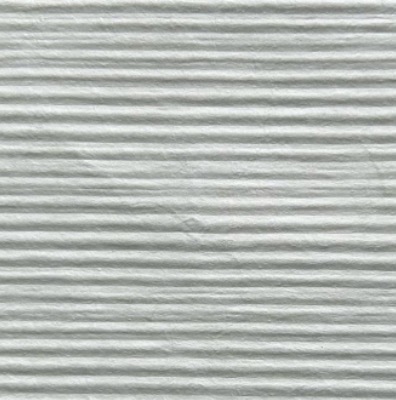
Typical End Use: coffee filter
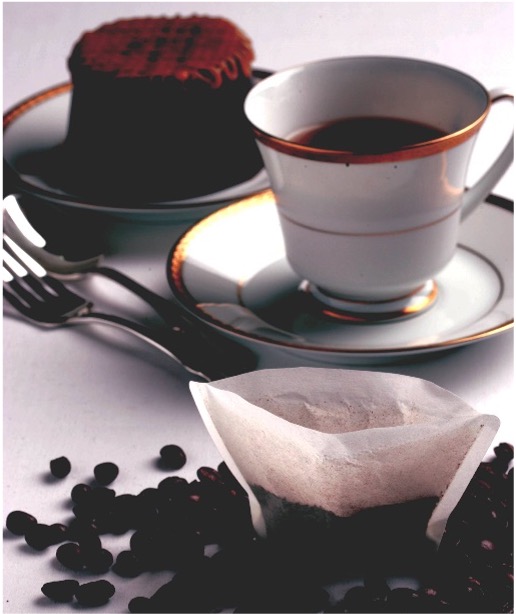
S2 Pulp (UNBLEACHED SODA-COOKED)
S2 Pulp (Bleached soda-cooked)
GENERAL PROPERTIES
Kappa Number : 4.0 – 7.0
Freeness (CSF) : >650
Brightness (%) : >40
Admix (mm2/100g) : <1500
STRENGTH PROPERTIES AT 0 BEATING, 60 gsm HANDSHEET
Breaking Length, km : >4.0
Burst Index, kPam2/g : >3.0
Tear Index, mNm2/g : >40.0
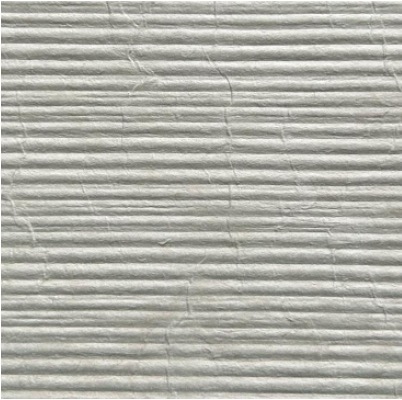
Typical End Use: Base paper for electrolytic capacitor
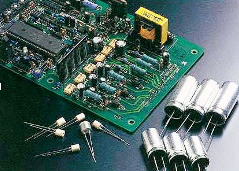
SISAL Pulp (UNBLEACHED SODA-COOKED)
Sisal Pulp (Unbleached Soda-cooked)
GENERAL PROPERTIES
Kappa Number : 4.0 – 7.0
Freeness (CSF) : >680
Brightness (%) : >40 %
Admix (mm2/100g) : <3000
STRENGTH PROPERTIES AT 0 BEATING, 60 gsm HANDSHEET
Breaking Length, km : >2.0
Burst Index, kPam2/g : >1.5
Tear Index, mNm2/g : >5.0

Typical End Use: Base paper for electrolytic capacitor

